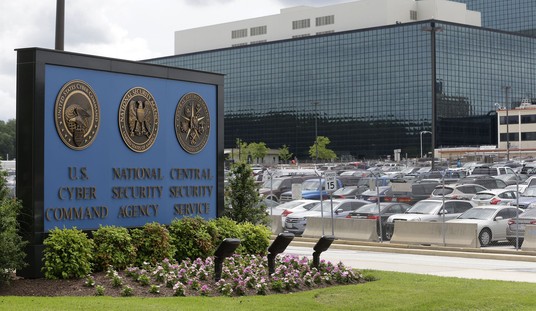At Navy-Marine Corps Memorial Stadium in Annapolis Maryland, the upper seating deck is adorned with battles and places where sailors and Marines sacrificed and served with immeasurable honor – Pearl Harbor, Pusan, Lebanon. Perhaps one day, the 13 American servicemen and women killed in action at Hamid Karzai International Airport – 11 Marines, a Navy corpsman and an Army soldier – will be recognized with a tribute of some sort at the field in Annapolis.
Much has been written and said about the bombing outside of the Abbey Gate at HKIA – and the names and faces of the fallen have personalized this tragedy for the general American public in a deeply resonant way. David L. Espinoza. Nicole L. Gee. Darin T. Hoover. Ryan C. Knauss. Hunter Lopez. Rylee J. McCollum. Dylan R. Merola. Kareem M. Nikoui. Johanny Rosario Pichardo. Humberto A. Sanchez. Jared M. Schmitz. Maxton W. Soviak. Daegan W. Page. They all represented a diverse cross-section of our country – from coast to coast, urban to rural. They were all young – the oldest only 31. And they all died for freedom – literally the freedom for tens of thousands of desperate people fleeing the looming tyranny of the Taliban.
Out of all the images to emerge from this depressing episode, the photograph of 23 year old Marine Sergeant Nicole Gee from California, cradling that child like her own – and if only for that moment, that child was hers – poignantly encapsulated the entire U.S. military mission at the airport. In truth, it’s a snapshot of what our services do in every conflict. Though armed with the instruments of death, and schooled in the disciplines of combat, American troops repeatedly risk life and limb to extricate the vulnerable from the horror of war – from Nazi death camps, to Saipan, to Saigon, to Iraq, to Afghanistan.
With little warning and limited backup, America’s forces quickly mobilized, responded to crisis, and bravely dropped into a stifling cauldron of confusion and despair to help fellow citizens and Afghans find a path to safety. They didn’t set arbitrary deadlines, or make bold predictions to the American people – but they made the arduous possible, and they did it with grace, humility, and care. To say these selfless saviors went above and beyond the call of duty simply does not do justice to the herculean effort they undertook.
Day-by-day while the clock ticked down, with minutes likely feeling like hours, they manned the ramparts, making order out of chaos, giving life while exposing theirs, and probably knowing – but trying not to dwell on the notion – that at any second, something terrible could happen. Of course, national clairvoyance wasn’t necessary to sense that – given the conditions on the ground and the fog of war – what could happen, would happen. And so it did, as a suicide bomber made his way through the masses to squeeze death’s toll from the innocent and their protectors.
Recommended
Disappointingly, the inaction, inflexibility and inadequate judgement of some often sets the unenviable stage upon which others are expected to perform. But more often than not, those left to play the most meaningful part in such productions – like the U.S. military in Kabul – do so with great distinction and honor. As President Ronald Reagan once said, “Some people spend an entire lifetime wondering if they made a difference in this world. The Marines don’t have that problem.”
Following his words, there is zero doubt that, despite the chain of abject failure leading to the evacuation, those troops at the Kabul airport – the Air Force, the Army, the Navy, and the Corps – have made a difference. For thousands of people, it is a difference that will be life-lasting. And while we may have the luxury of expounding on the valor and the sacrifice and the heroism and the devotion of our troops, those who toiled along the wall probably didn’t have much time to ponder these profundities. Anyone who has faced such challenge in uniform knows that nearly all energies are spent on the task at hand – protecting the perimeter, providing aid, and preserving life.
Our servicemen and women who deployed to support the evacuation at Hamid Karzai Airport worked tirelessly against time and stress, amidst the turmoil and the noise, and saw the heartache, the suffering, and the anguish of the crowds. They dealt with the heat, the pressure, the fatigue, and the drain. They held the line, but the cost was high – several Americans remain seriously wounded and 13 didn’t make it home alive.
And after all is said and done, Americans will know that it wasn’t grand planning, or great foresight that saved the day – but the selfless fortitude of our fighting men and women that allowed flight after flight to raise the helpless to freedom.


